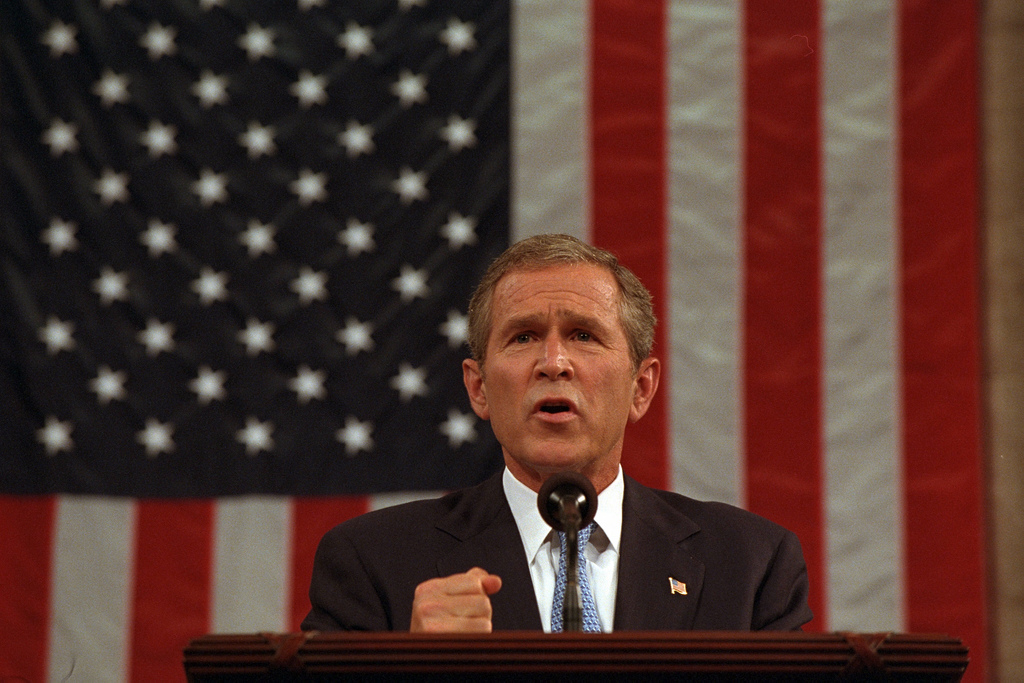By Thomas Zeitzoff and Anna Getmansky
The recent attacks attributed to ISIS in Paris, Beirut, the Sinai, and Ankara shocked the world. A central question many have asked is what is the logic behind ISIS’s attacks outside Syria and Iraq? Barbara Walter argues that the attacks are part of the strategy of attrition designed to increase the costs of involvement in the fight against ISIS in Syria and Iraq. According to this logic, terrorist attacks instill fear and anxiety among voters in Western democracies, as well as in Turkey and Russia. These feelings, in turn, would lead voters to pressure their governments to stop military engagements against ISIS in Syria and Iraq in order to avoid future attacks.
An alternative explanation is that ISIS uses terrorism to sow divisions within the targeted countries and to intensify already existing frictions between Muslims and non-Muslims, especially in Europe. Andrew Kydd shows that provocation has long been a core component of ISIS strategy in Iraq, and the recent attacks may be an attempt to extend their “propaganda of the deed” to other countries. The end game of violence is to increase support for ISIS, especially among Muslims who become disillusioned with the West, and ultimately to facilitate recruitment of new supporters and operatives.
Recent studies on the effects of terrorism across different contexts can shed some light on the possible consequences of the recent attacks. How do voters react to terrorism? Does the violence result in a long-term change in political attitudes among those targeted by terrorists? This is especially important given the upcoming French regional elections in December 2015. In the wake of the attacks, some predict that the far-right National Front party led by Marine Le Pen will gain votes. Others suggest that these attacks may induce anger, and shift the positions of the French voters rightward. These possible developments may be consequential, not only for the future of French involvement in the Middle East, but also for the relationship between the non-Muslim majority and the Muslim minority in France and beyond.
The reaction of Spanish voters after the 2004 Madrid bombings is an important case. Some argue that the terrorist attacks moved Spanish voters to the left in the subsequent elections that took place just a few days after the bombings. Voters punished the more conservative government for dragging Spain into the Iraq War. An alternative story is that the election reflected how unpopular the incumbent government was and the bombings simply reinforced this sentiment, especially in light of the government’s attempt to falsely attribute the attacks to ETA.
Our own research in Israel looks at the effect of continuous exposure to rocket fire from Gaza Strip. Rockets from Gaza are largely inaccurate and have resulted in comparatively few Israeli casualties. We show that exposure to rocket threat increases voting for the right-wing block in Israel during 2003-9 elections. Thus, simply the threat of violence or terrorism – without widespread casualties – is enough to shift voter’s support. Other studies examining the effect of Palestinian suicide bombings on voting behavior also find that attacks shift Israeli voters to the right. Results from Turkey likewise confirm this effect – attacks by the Kurdish PKK militants increase votes for nationalist parties.
Exposure to terrorist violence does not just affect voting behavior but also attitudes by inducing intolerance, eroding support for civil liberties, and promoting exclusionist attitudes towards minorities.
Research in the US shows that losing a family member in the 9/11 attacks increased political participation and also made voters more conservative by leading them to shift allegiance to the Republican Party. Other research echoes these findings that exposure to violence – whether it be crime in Latin America or being abducted as a child soldier – makes people more likely to participate politically. Exposure to violence makes people more altruistic (here and here), yet also more discriminatory towards other groups.
It is impossible to perfectly predict how the attacks will influence the upcoming elections in France or the political situation in other places that have recently suffered from ISIS violence. Research suggests that while voters may become more politically engaged and more likely to vote, they won’t necessarily demand their governments stop military actions against ISIS. Rather than demanding disengagement from foreign conflicts, voters may become more nationalistic and favor sectarian policies. Thus, the attacks may not put an end to military actions against ISIS. Rather they may sow ethnic divisions in France and other affected countries. These anti-minority policies would then feed future violence. A key for policymakers and community leaders is how to harness the increased political interest following the recent attacks for a positive and resilient response rather than a xenophobic and divisive one.
Anna Getmansky is Assistant Professor in the Department of Government at the University of Essex.







2 comments
+1